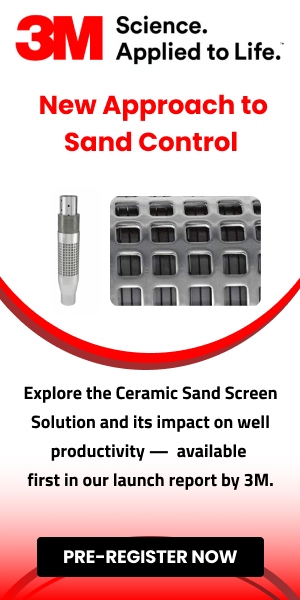De Nora Water Technologies and Saline Water Conversion Corporation (SWCC) expand their partnership with the signing of a memorandum of understanding (MOU) on brine mining and water electrolysis research
The MOU also includes innovations to the vacuum-based Capital Controls Chlorine Dioxide Generators used in desalination pre-treatment and disinfection, which were approved by the Desalination Technology Research Institute (DTRI) earlier this year.
?We feel honored to broaden our partnership with SWCC and as their governor, Abdullah Al-Abdul-Karim recently stated, share the vision of making the most out of every drop,? said Mirka Wilderer, CEO of De Nora Water Technologies. ?Not only are they the largest desalination corporation in the world, but they?re also one of the country?s largest electricity providers. With our areas of expertise so closely intertwined, our synergy has the potential to make a positive impact on the future of our planet. We are excited to take our longstanding relationship to the next level and explore solutions together that will solve critical environmental issues being faced around the world.?
The De Nora business model is multifaceted - aligning a complete portfolio of electrode and water technologies. Its proprietary DSA electrodes and coatings are used in electrochemical applications worldwide, including in the production of green hydrogen. The continuous improvements with De Nora catalytic coatings allow organisations like SWCC to optimise the overall economics of hydrogen production via water electrolysis when seawater is used. Similar projects are currently underway in Saudi Arabia, where the joint venture of De Nora and thyssenkrupp Nucera was recently awarded a contract for one of the world?s largest water electrolysis plants that will produce 650 tonnes per day of green hydrogen along the shores of the Red Sea.
?Water electrolysis will play a key role in helping countries achieve net zero goals in the energy transition, and as fresh water sources become more scarce, seawater desalination and brine mining will play a critical role. We look forward to discovering how to make the most out of this resource, down to the hidden elements within the seawater itself,? explained Wilderer.
Currently using chlorine dioxide generators for disinfection, SWCC expands its use of these systems in the MOU to purification plants for pre-treatment of iron and manganese ? common elements associated with ?hard? water sources. Earlier this year, De Nora?s technology demonstrated a yield ratio of 95 to 97 percent during the DTRI approval process, solidifying its efficiency in treating the region?s most challenging contamination concerns.
A formal signing ceremony took place on 30 May in Jeddah, Saudi Arabia at the International Desalination Association Specialty Conference on Innovation Driven Desalination where representatives from De Nora and SWCC were in attendance.






